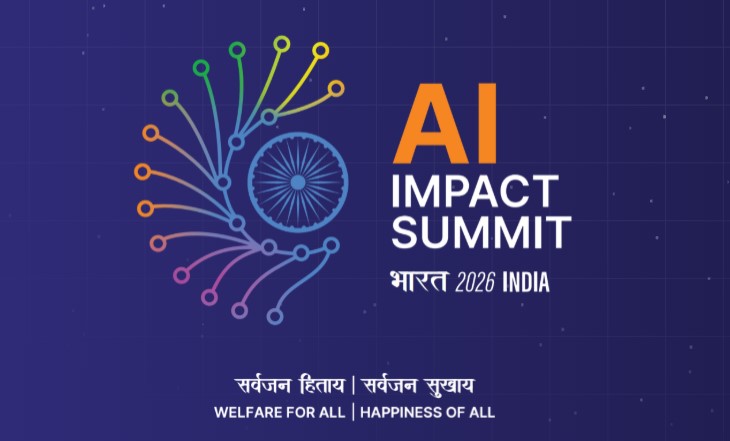Ericsson and Mastercard will integrate Mastercard Move into the Ericsson Fintech Platform to expand digital wallets and cross-border transfers. The partnership targets telecom operators, banks, and fintechs seeking to launch new payment services and reach underserved communities.
By combining Ericsson’s cloud-native fintech infrastructure with Mastercard Move’s money transfer network, the companies aim to simplify integration, deployment, and compliance. The integration is designed to reduce operational complexity and accelerate time-to-market for digital payment services.
Mastercard Move supports transfers in over 200 countries and territories and enables transactions in 150 currencies. Ericsson’s fintech platform operates in 22 countries, serving more than 120 million users and processing over 4 billion transactions per month.
The companies said the collaboration is intended to create new revenue streams and strengthen digital ecosystems in both emerging and developed markets. A global rollout will begin in the Middle East and Africa, where demand for mobile money and interoperable payment systems continues to grow.
Executives said the partnership will support faster, more secure cross-border transfers and promote financial inclusion. The integration aims to help telecom providers and financial institutions scale digital payment services and expand access to the digital economy.
Would you like to learn more about AI, tech, and digital diplomacy? If so, ask our Diplo chatbot!









